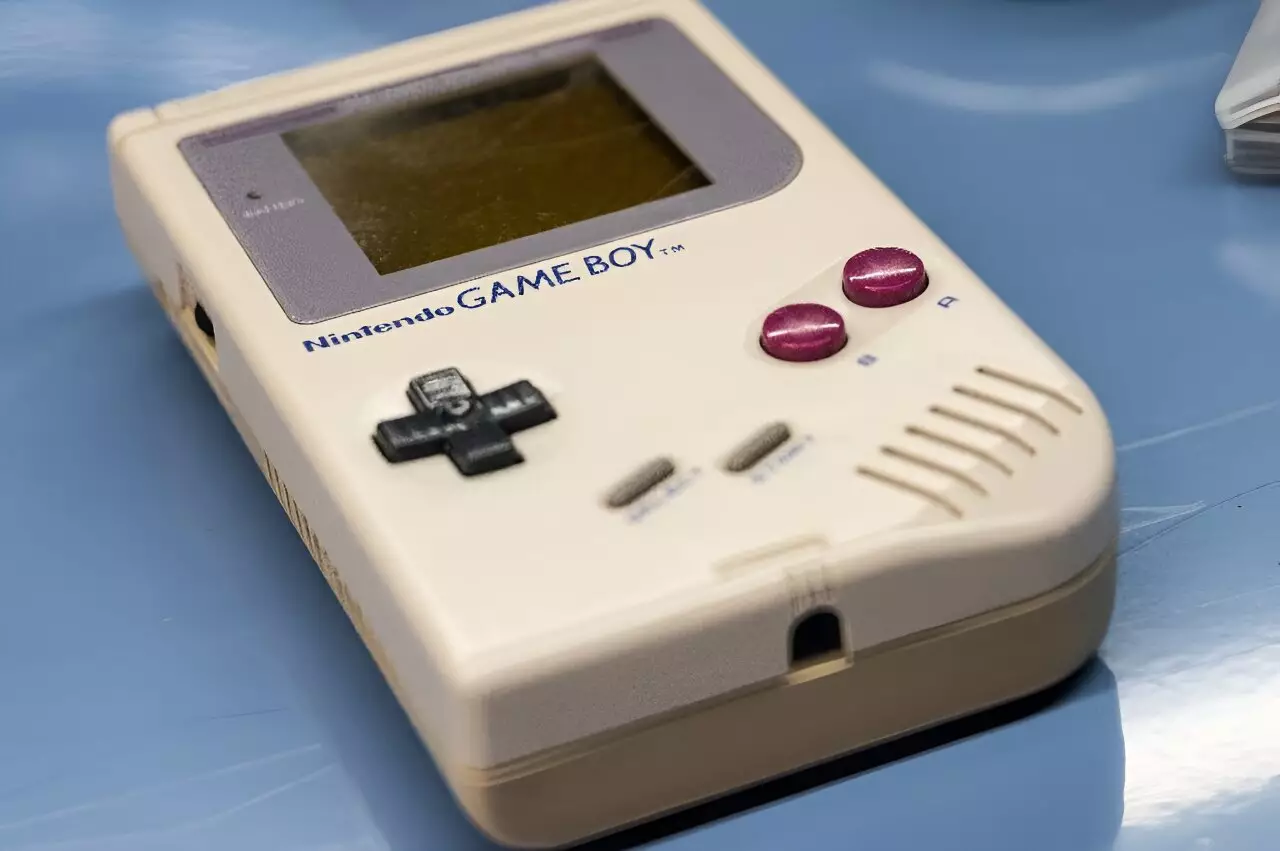Video game consoles have transformed the entertainment landscape since their inception in the 1970s. Over the decades, they have evolved both technologically and culturally, shaping the way players interact with their favorite franchises. As we explore the history and impact of the most iconic consoles, it becomes evident that innovation, nostalgia, and social interaction are key elements contributing to their monumental success.
The journey of video game consoles began in a modest fashion, but it quickly accelerated as consumers clamored for immersive experiences. Sony’s PlayStation 2, launched in 2000, marked a significant turning point in this evolution. Garnering immense anticipation, the console launched with a unique midnight event that drew significant crowds—people were willing to brave the night to ensure they could acquire this coveted device. The initial success of the PS2 was a result of its backward compatibility, allowing players to revisit classic games, and its DVD playback feature, which combined multimedia functionality with gaming.
Interestingly, despite its groundbreaking features, critics were skeptical about its launch titles. However, the console found its footing with the release of iconic games like “Grand Theft Auto,” “Final Fantasy,” and “Tekken.” This shift demonstrated how persistent dedication to quality gaming experiences could propel a console to unprecedented heights. As of now, Sony has reported that the PS2 has sold approximately 160 million units, cementing its place in history as one of the best-selling consoles.
Handheld gaming systems began to flourish with the introduction of the Nintendo DS in the mid-2000s. The innovative dual-screen design, combined with touch controls and online capabilities, established a new paradigm for portable gaming. Nintendo’s signature franchises, including Mario and Pokémon, played a crucial role in attracting a wide array of players to the platform. However, it wasn’t just the established franchises that marked the DS’s success; titles like “Nintendogs” captured the imagination of players and created a unique intersection between gaming and real-life pet ownership.
With over 154 million units sold, the Nintendo DS not only revitalized Nintendo but also revolutionized the gaming industry. Following the DS, the Nintendo Switch emerged in 2017, providing an unprecedented hybrid gaming experience. Players were no longer confined to their living rooms; they could seamlessly transition from console to handheld mode. “The Legend of Zelda: Breath of the Wild” and “Animal Crossing: New Horizons” exemplified the Switch’s innovative capabilities, the latter becoming a cultural phenomenon during the COVID-19 pandemic, when social interactions were increasingly digital.
Sony’s PlayStation 4, launched in 2013, confronted Microsoft’s Xbox One in a fiercely competitive market. However, the PS4 managed to secure its dominance with striking sales numbers, exceeding 117 million units. The success can be partially attributed to robust exclusives and the strong continuation of popular franchises. Games like “The Last of Us” and “Spider-Man” drew players into rich narratives and engaging gameplay, reinforcing the necessity of high-quality content in gaming.
Microsoft, on the other hand, responded with an extensive library of games and services, yet the PS4’s commitment to compelling narratives captured market attention. The competition between the two tech giants has fueled innovation, benefiting gamers with increasingly refined experiences.
The Future of Console Gaming: What Lies Ahead
As we look toward the future, the landscape of console gaming appears to be shifting once again. Streaming technologies, cloud gaming, and enhanced virtual experiences promise to further alter how players engage with titles. The increasing reliance on online gameplay raises intriguing questions regarding community dynamics and what makes a game popular in today’s interconnected world.
The journey of gaming consoles is woven with tales of innovation, cultural shifts, and market competitions. The most successful consoles, from the PlayStation 2 to the Nintendo Switch, demonstrate the multifaceted relationship between technology and audience engagement. As gamers continue to seek the next breakthrough in interactive entertainment, the legacy of gaming consoles will undoubtedly shape the trajectory of the industry for generations to come.


Leave a Reply